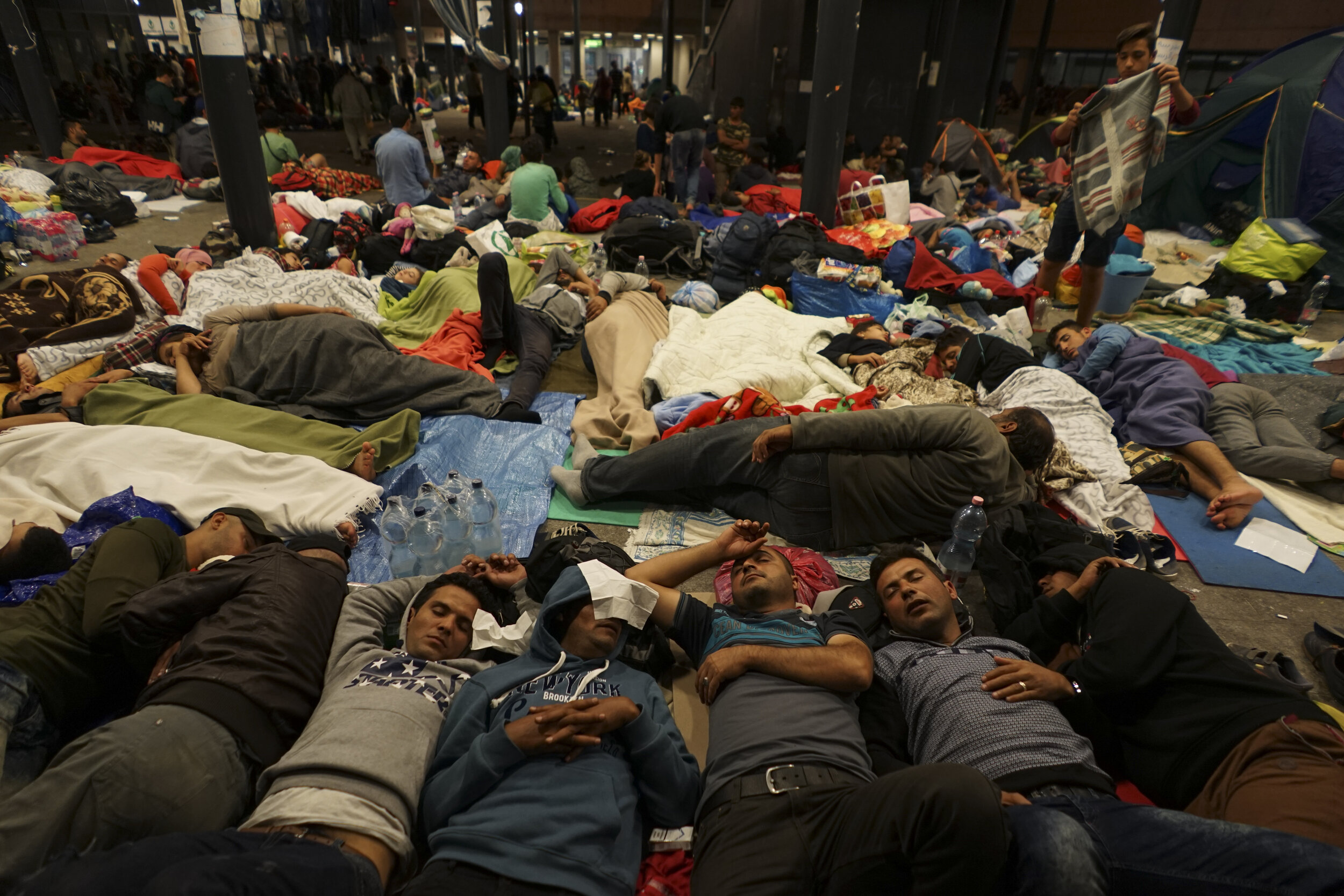Shutdowns of Bosnian Migrant Camps Leaves Asylum Seekers without Shelter
Asylum seekers have flooded Central Europe following unrest in areas like Bangladesh. (Wikimedia Commons)
In the wake of Bosnian officials shutting down migrant camps, several immigrants in the northwest of Bosnia and Herzegovina may freeze to death. At present, around 3,000 migrants and refugees, most of whom originate from Bangladesh, currently reside in tent shelters, makeshift camps, forests, and abandoned structures.
Since 2016, asylum seekers have flocked to the Balkans from the Middle East and North Africa. Many have attempted to enter Croatia, though officials there have either blocked entry or pushed them back into Bosnia. Migrants have alleged the use of systematic, coercive violence by both countries.
Despite such action violating the EU’s European Convention on Human Rights, member states such as Italy frequently turn asylum seekers away at the border, contributing to the large bottleneck in the Balkans. Officials estimate that approximately 22,000 migrants currently await placement within the EU in the Balkans, most of whom find themselves in Bosnia.
Authorities in the northwestern Una-Sana Canton expressed concerns that their formal refugee camps have attracted even more asylum seekers to the region. As such, they closed 6 migrant camps run by the UN, moving several hundreds of people to a separate, already overcrowded facility in a southern canton and leaving an additional 2,500 other refugees with no accommodations.
In response to the shutdowns of migrant camps and shelters, the Bosnian representative of the International Organization for Migrants (IOM) transferred at-risk migrants to medical facilities. The vast majority, however, had to fend for themselves, and the IOM warned of a potential humanitarian crisis.
Among the few remaining refugee camps in the Una-Sana Canton, none have accommodations suited to the harsh winter environment. Analysts predict that the few arrangements that they have available will become “unlivable” as winter progresses. The coronavirus pandemic has further complicated attempts to address housing problems, as many politicians assert that asylum seekers spread the virus, further encumbering the already decimated economy.
Bosnian citizens have voiced their disapproval with the growing presence of migrants, with many calling on institutions to move them out of public areas and into designated facilities. Locals have also organized protests demanding changes to immigration policy after a Moroccan migrant allegedly stabbed a man in the Bosnian capital of Sarajevo.

